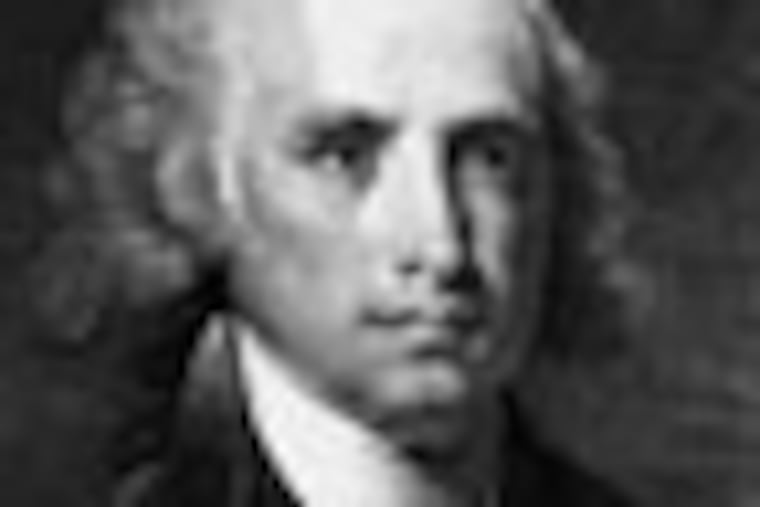Reform has consequences
By Robert M. Alexander Every four years, citizens are treated to a civics lesson related to one of the most intensely debated institutions in American politics, the Electoral College. Because it determines electoral strategies and contributes to outcomes, it's no surprise that more than 700 proposals to amend or abolish it have been made in Congress. In the wake of last month's election, a spate of such proposals have surfaced at the state level.

By Robert M. Alexander
Every four years, citizens are treated to a civics lesson related to one of the most intensely debated institutions in American politics, the Electoral College. Because it determines electoral strategies and contributes to outcomes, it's no surprise that more than 700 proposals to amend or abolish it have been made in Congress. In the wake of last month's election, a spate of such proposals have surfaced at the state level.
After the 2000 election, many Democrats were outraged that the electoral vote trumped the popular vote. Given the trajectory of the Electoral College in the last two contests, more Republicans have found it in their interest to amend the system. GOP lawmakers in Pennsylvania, Virginia, Ohio, and Michigan are currently reviewing options.
Forty-eight states award all their electoral votes to the statewide popular-vote winner. Maine and Nebraska award their electoral votes to the winner of each of their congressional districts as well as two electoral votes to the winner of their state's popular vote. Awarding electoral votes in proportion to the popular vote is another possible approach not currently in use. Voters in Colorado rejected it in 2004, and now lawmakers in Harrisburg and other state capitals are revisiting the possibility.
The winner-take-all method that most states use means that whether a ticket wins by one vote or a million, it earns all the state's electoral votes. The appearance of much-coveted battleground states is one by-product of this method. It also tends to support the two-party system.
Among the purported benefits of the Electoral College is that it protects the federal nature of the American political system. Among the alleged flaws of is that it distorts the will of the people. This is seen both in the winner-take-all system and in the violation of the one-person, one-vote precept.
The proposals offered to award electoral votes proportionally or by congressional district would seem to balance these concerns: They would retain the essential character of the Electoral College, whereby the presidential election is determined by a state-by-state process. And while stopping short of a popular vote, proportional or district representation would more accurately translate popular votes into electoral votes.
But I am reminded of James Madison's concern in Federalist No. 10 that sometimes the remedy may be worse than the disease. If more states were to adopt the proportional or district method, we would likely see much greater incentive for third-party voting and increasingly partisan battles over congressional redistricting.
By itself, the presence of competitive third parties could be welcome. However, competitive third parties would make it increasingly difficult for tickets to win an Electoral College majority, which would hand over the selection of the president to the House of Representatives - hardly a body most Americans want in such a position.
Likewise, the controversial practice of redistricting would take on greater importance and likely produce even less competitive congressional districts, creating more apathy and less representative government.
In Federalist No. 68, Alexander Hamilton proudly proclaimed "if the manner of electing the president be not perfect, it is at least excellent." If the reactions of the losing political parties in recent presidential elections are any indication, it is clear that excellence is in the eye of the beholder.
In 2016, the path to the presidency will still run through the Electoral College, but the contours of that path may change a great deal between now and then. Whatever shape it ultimately takes, reformers should beware of unanticipated consequences.